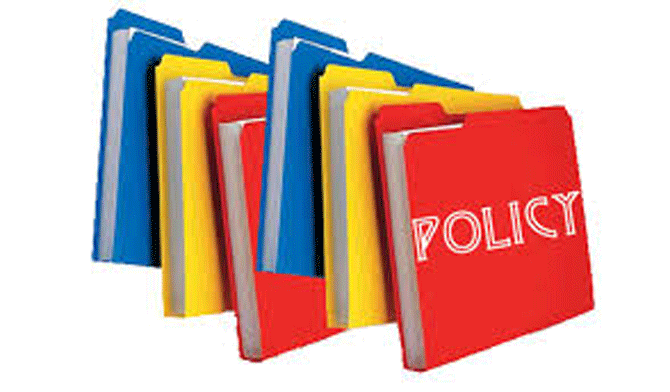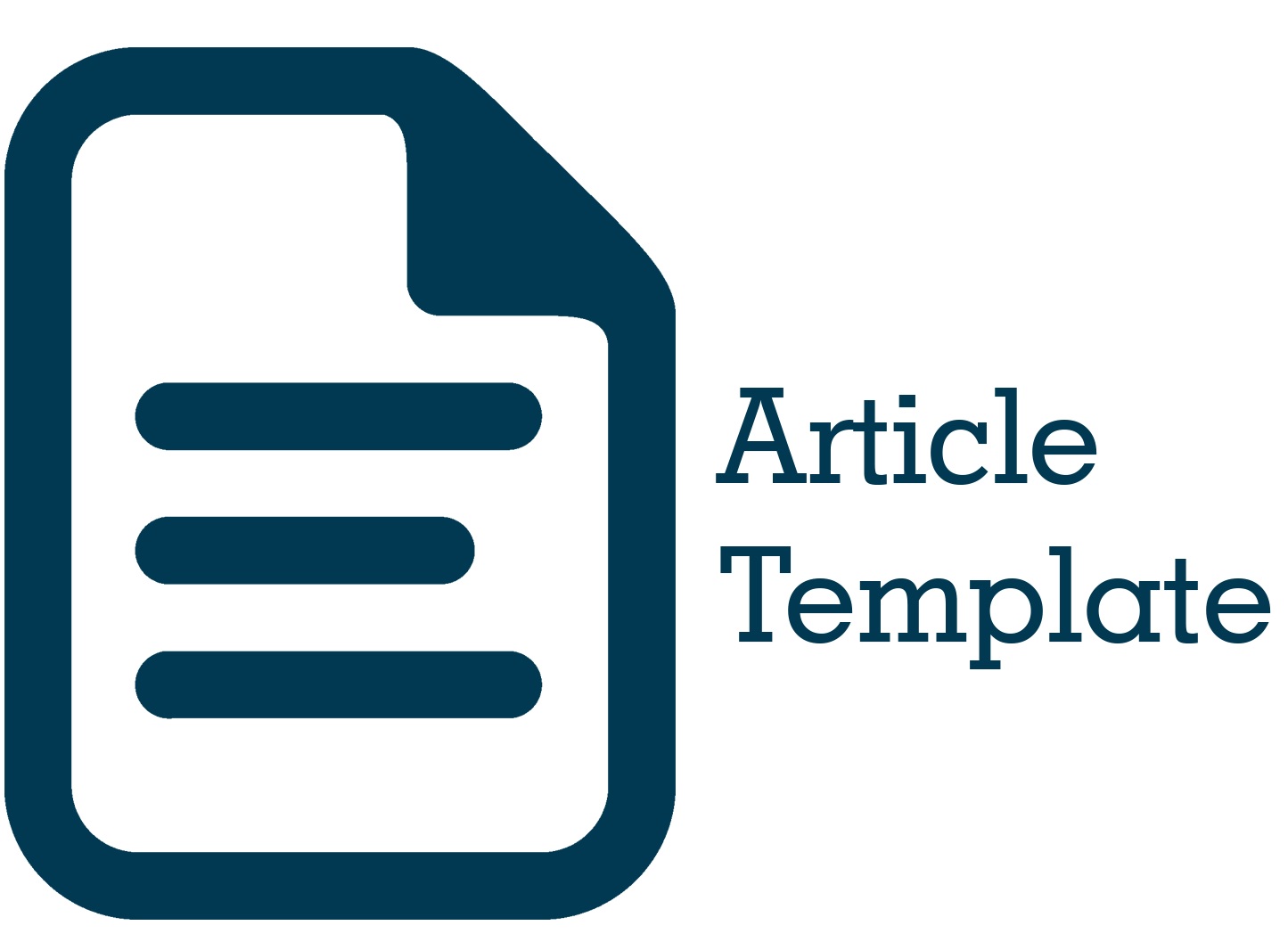Tourism in the Era of Industry 4.0: Harnessing Digital Storytelling and Social Media for Effective Promotion
DOI:
https://doi.org/10.51135/PublicPolicy.v6.i2.p302-316Keywords:
Digital Storytelling, Tourism Promotion, Social Media, Industry 4.0Abstract
Digital technology has transformed tourism promotion, especially through digital marketing and storytelling. The COVID-19 pandemic accelerated the use of social media and e-commerce, with storytelling helping build emotional connections and improve destination images. In Indonesia, the Ministry of Tourism uses platforms like TikTok and Instagram for this purpose. Research in West Papua Barat Daya shows that short videos, photos, and blogs effectively raise awareness and attract tourists. Despite challenges like limited infrastructure and skills, digital storytelling remains a powerful and sustainable tool for tourism promotion.
Downloads
References
Arif Nida Ul-Haq. (2024). Model Konvergensi Media Online MNC Sportstar dalam Mengahadapi Era Persaingan antar Media [UIN Syarif Hidayatullah]. https://repository.uinjkt.ac.id/dspace/handle/123456789/82795
B., Hamizah. (2016). Perencanaan dan Pengembangan Sumberdaya Terhadap Industri Pariwisata di Kabupaten Raja Ampat, Papua Barat. INOVASI:Jurnal Ilmiah Ilmu Manajemen, 3(1). https://openjournal.unpam.ac.id/index.php/Inovasi/article/view/294
Coombs, T. (2019). Transmedia Storytelling: a Potentially Vital Resource for CSR Communication. Corporate Communications, 24(2). https://doi.org/10.1108/CCIJ-11-2017-0114
Halida Nuria, & Limpas, Z. W. (2024). Storytelling untuk Pengembangan Pariwisata di Pulau Sulawesi Kabupaten Kepulauan Sula. Tekstual, 22(2), 114–122. https://doi.org/10.33387/TEKSTUAL.V22I2.8949
Heliany, I. (2019). Wonderful Digital Tourism Indonesia dan Peran Revolusi Industri dalam Menghadapi Era Ekonomi Digital 5.0. Destinesia: Jurnal Hospitaliti Dan Pariwisata, 1(1). https://doi.org/10.31334/jd.v1i1.551
Jamilati, N., Anshori, M. I., & Salsabila, S. N. (2023). Penggunaan Teknologi Digital untuk Meningkatkan Kinerja Pengelola Pariwisata Berkelanjutan Studi Kasus di Kabupaten Bangkalan. Innovative: Journal Of Social Science Research, 3(6). https://j-innovative.org/index.php/Innovative/article/view/6102
Jing, H., & Su, X. (2024). Digital Storytelling and its Impact on Cultural Tourism: A Study on Visitor Purchase Intentions. EVOLUTIONARY STUDIES IN IMAGINATIVE CULTURE, 8(1), 125–146. https://doi.org/10.70082/ESIC/8.1.10
Luo, J., & Xia, M. (2024). Embracing Virtual Reality in Destination Marketing: A Serial Mediation Model to Investigate the Role of Virtual Tourism Experiences in the Formation of Place Attachment. Sustainability 2024, Vol. 16, Page 10551, 16(23), 10551. https://doi.org/10.3390/SU162310551
M. Ansyar Bora et al. (2025). Metode Penelitian Kualitatif. Yayasan Tri Edukasi Ilmiah. https://www.researchgate.net/publication/390932253_METODE_PENELITIAN_KUALITATIF
Mau, D. P., Sages, A., Pandu, Y., Politeknik, M., Trisakti, O., Otje, C., Wibowo, H., Triatma Mulya, U., Wayan, I., Putra, A., N., (2024). Peran Food Festival dalam Meningkatkan Citra Destinasi Kuliner Tradisional Surabaya. Jurnal Manajemen STIE Muhammadiyah Palopo, 10(2), 424–440. https://doi.org/10.35906/JURMAN.V10I2.2250
Miller, C.H. (2019). Digital Storytelling 4e: A Creator's Guide to Interactive Entertainment (4th ed.). CRC Press. https://doi.org/10.1201/9780429440045
Nicoli, N., Henriksen, K., Komodromos, M. and Tsagalas, D. (2022), Investigating Digital Storytelling for the Creation of Positively Engaging Digital Content, EuroMed Journal of Business, 17(2), pp. 157-173. https://doi.org/10.1108/EMJB-03-2021-0036
Normalasari, Johannes, & Yacob Syahmardi. (2023). Minat Kunjungan Kembali Wisatawan Daya Tarik Wisata yang dimediasi oleh Electronic Word of Mouth. Jurnal Manajemen Terapan Dan Keuangan (Mankeu), 12(01). https://online-journal.unja.ac.id/mankeu/article/view/17918
Noventa, C., Soraya, I., & Muntazah, A. (2023). Pemanfaatan Media Sosial Instagram BuddyKu sebagai Sarana Informasi Terkini. JKOMDIS: Jurnal Ilmu Komunikasi Dan Media Sosial, 3(3). https://doi.org/10.47233/jkomdis.v3i3.1124
Nur. Lisani. (n.d.). Strategi Storynomics dalam Pengembangan Daya Tarik Wisata Budaya di Kepulauan Selayar. Jurnal Ilmu Budaya, 12(1). Retrieved May 12, 2025, from https://journal.unhas.ac.id/index.php/jib/article/view/32792
Purba, H., & Irwansyah, I. (2022). User Generated Content dan Pemanfaatan Media Sosial dalam Perkembangan Industri Pariwisata: Literature Review. Professional: Jurnal Komunikasi Dan Administrasi Publik, 9(2), 229-238–229–238. https://doi.org/10.37676/PROFESSIONAL.V9I2.3065
Rafi’I, R., Liana, C., & Jamalullail, J. (2024). Transformasi Komunikasi Wisata Konvensional Menuju Virtual (Studi pada Wisatawan Online Tangerang). Seminar Nasional Pariwisata Dan Kewirausahaan (SNPK), 3, 137–145. https://doi.org/10.36441/SNPK.VOL3.2024.215
Setiawati, R., & Pritalia, G. L. (2023). Pemanfaatan Media Sosial sebagai Sarana Promosi Sektor Pariwisata. KONSTELASI: Konvergensi Teknologi Dan Sistem Informasi, 3(2). https://doi.org/10.24002/konstelasi.v3i2.7255
Sugiyanti, L., Rabbil, M. Z., Oktavia, K. C., & Silvia, M. (2022). Strategi Pemasaran Digital untuk Meningkatkan Penjualan UMKM. Masarin, 1(2), 100–110. https://doi.org/10.56881/MASARIN.V1I2.197
Triani, A. R., Adriyanto, A. R., & Faedhurrahman, D. (2018). Media Promosi Bisnis Potensi Wisata Daerah Bandung dengan Aplikasi Virtual Reality. Jurnal Bahasa Rupa, 1(2). https://doi.org/10.31598/bahasarupa.v1i2.215

Downloads
Published
How to Cite
Issue
Section
License
Copyright (c) 2025 author(s)

This work is licensed under a Creative Commons Attribution-ShareAlike 4.0 International License.
Authors whose manuscripts are published in the Journal of Public Policy must agree to the following terms;
- Publication rights for all manuscript materials published are held by the editorial board with the author's consent.
- The legal formalities for digital access to the Journal of Public Policy are subject to the Creative Commons Attribution Sharealike (CC BY SA) license, which means the Journal of Public Policy has the right to store, redistribute, reformat, manage in a database, maintain, and publish the manuscript without seeking permission from the author as long as the author's name is included as the copyright owner.
- Published manuscripts are open access for the purpose of disseminating research results. Besides this purpose, the editorial board is not responsible for copyright law violations.


.png)



